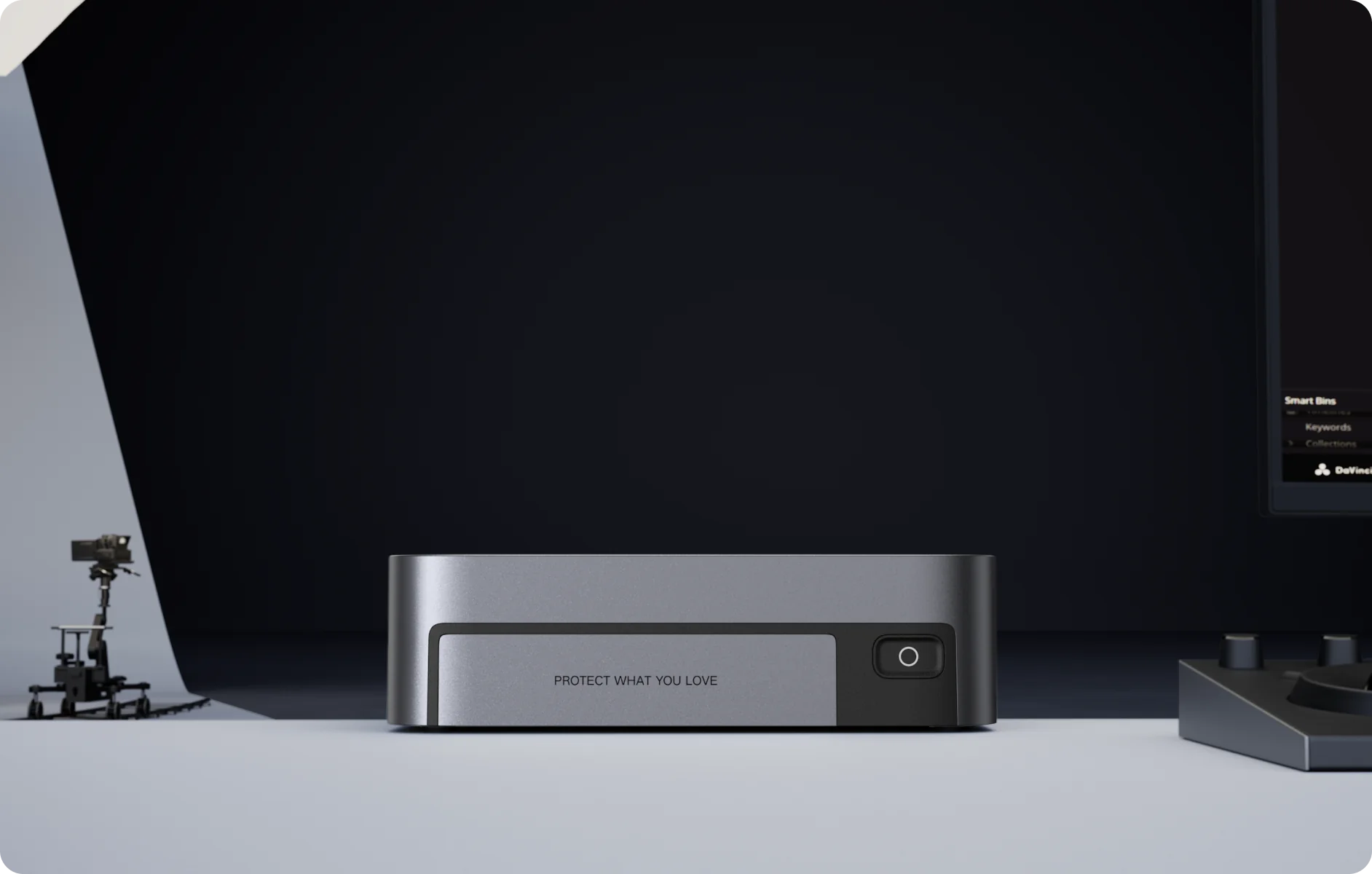Network attached storage (NAS) has become an increasingly popular data storage solution for both home and business use. But with the emergence of cloud-based NAS options, many wonder how traditional, on-premises NAS stacks up. This article provides a comprehensive comparison between traditional NAS and newer cloud NAS solutions to help you determine the right choice for your needs.
Table of Contents
What is Network Attached Storage (NAS)?
NAS refers to storage devices that connect directly to a local area network, rather than to a specific computer. Traditional NAS devices are physical hardware boxes that you install in your office or home. They contain hard disk drives for data storage and network components that allow multiple users and devices on the network to access, store, and retrieve data from a centralized location.
Key benefits of traditional on-premises NAS include:
- ● Local data access and management
- ● Flexibility to customize storage capacity and performance
- ● Data security as there is no third party involvement
Over the years, NAS solutions have evolved from basic file storage to feature-rich data management systems. Modern NAS devices offer functionalities like data backup, synchronization, sharing, and RAID configurations for drive failure protection.
Cloud NAS – Taking Data Storage to the Cloud
Cloud NAS represents the next generation of network attached storage. As the name suggests, it leverages cloud technology to deliver flexible, scalable data storage through the internet. With cloud NAS, the physical storage hardware resides in remote data centers managed by the service provider.
You access, manage and share your data over the internet via an online portal or mobile app. It eliminates the need to purchase and maintain local NAS equipment. Major benefits include:
- ● HDDs and M.2 sold separately
- ● Limitless capacity and scalability
- ● Accessibility from anywhere
- ● Advanced data protection and redundancy
Leading services like Amazon S3 offer consumer-grade cloud NAS solutions. There are also enterprise-focused services that provide more advanced NAS capabilities for businesses.
Key Differences Between Traditional and Cloud NAS
While both traditional and cloud NAS solutions aim to provide easy data storage and sharing, they differ in some key aspects:
1. Location of Storage Hardware
The most fundamental difference is that traditional NAS relies on on-premises hardware, while cloud NAS leverages remote storage maintained by a service provider.
2. Initial Costs
Purchasing a NAS appliance with ample storage capacity represents a significant upfront investment. Cloud NAS services offer flexible subscription plans to start small and scale up as needed.
3. Scalability
Expanding storage capacity with a traditional NAS means purchasing and installing additional hard drives. Cloud NAS allows seamless scaling to accommodate growing storage needs.
4. Data Accessibility
Access to data stored on a traditional NAS is limited to the local network. Cloud NAS allows secure data access from anywhere with an internet connection.
5. Data Security
Keeping data on-premises allows full control over security. Cloud NAS providers implement robust measures, but some risk exists with third party involvement.
6. Reliability
Well-designed NAS appliances offer reliable performance. Leading cloud services guarantee high availability and data durability.
7. IT Resource Requirements
Traditional NAS adds to on-site IT infrastructure needs. Cloud services reduce in-house equipment maintenance and IT demands.
When to Choose Traditional NAS
Despite the rise of cloud storage, traditional NAS remains the right choice in certain scenarios:
- ● Total control over physical data security is needed
- ● Ultra-fast local data access and throughput is required
- ● Budget constraints rule out a cloud NAS service
- ● Storing and managing large volumes of data on-premises is preferred
Media production houses, law firms and healthcare organizations often opt for high capacity traditional NAS systems for secure local storage and rapid access to enormous files.
When to Select Cloud NAS
Consider cloud NAS if you need:
- ● Affordable, pay-as-you-go scalable storage
- ● Access to files from any device or location
- ● Data protection through geo-redundancy
- ● Minimal in-house IT infrastructure
The flexibility, global accessibility and hands-off management of cloud NAS makes it suitable for businesses embracing remote work and distributed teams. It can also supplement on-premises storage for hybrid environments.
Leading Options for Cloud NAS
Below are some top providers of enterprise-grade cloud NAS services:
1. Nasuni
Nasuni offers a file services platform that consolidates NAS and file server silos in cloud storage. Benefits include global file sharing, multi-site file synchronization, and built-in backup, disaster recovery and ransomware protection.
2. Ctera
Ctera’s enterprise cloud NAS solution features a global file system consolidated across on-prem and cloud storage. It enables secure file sharing and synchronization while reducing hardware dependence.
3. Amazon FSx
Amazon FSx for Windows File Server provides fully managed native Windows file storage in AWS. It offers features like user quotas, end-user authentication, and data lifecycle management.
4. Microsoft Azure File Shares
Azure file shares allow mounting cloud storage as an SMB file share for seamless lift-and-shift of on-premises file servers. It offers enterprise-grade availability, security, and scalability.
The Path Forward – Evaluating Your Needs
Deciding between traditional vs cloud NAS requires thorough evaluation of your environment, use cases and business needs. On-premises NAS maintains relevance for organizations that value localized performance and control. Cloud NAS presents an affordable and versatile alternative for distributed access.
Assess factors like capacity requirements, growth projections, budget constraints, network infrastructure, data security needs and IT resources as you determine the optimal NAS deployment strategy. Many opt for a hybrid model that combines the strengths of both traditional and cloud-based network attached storage solutions.











